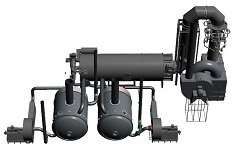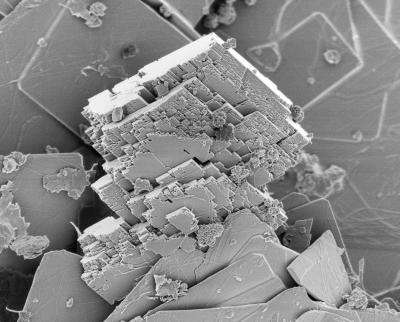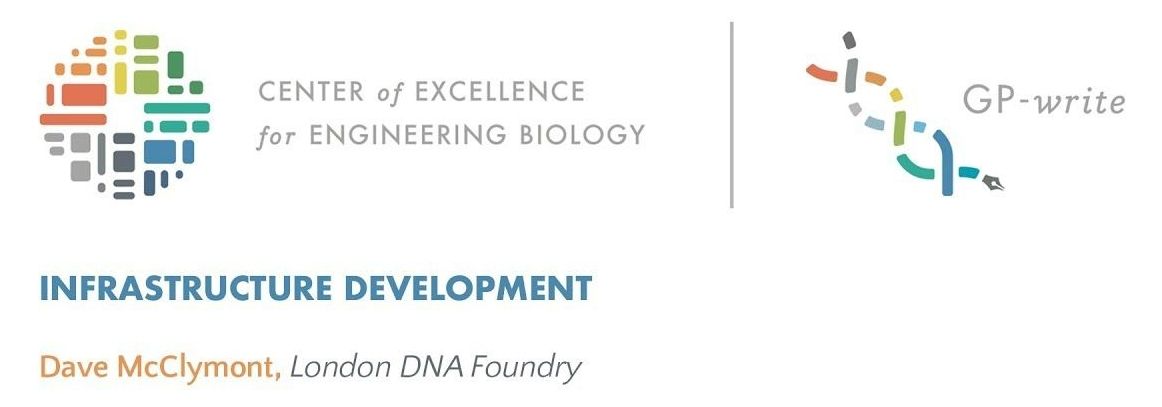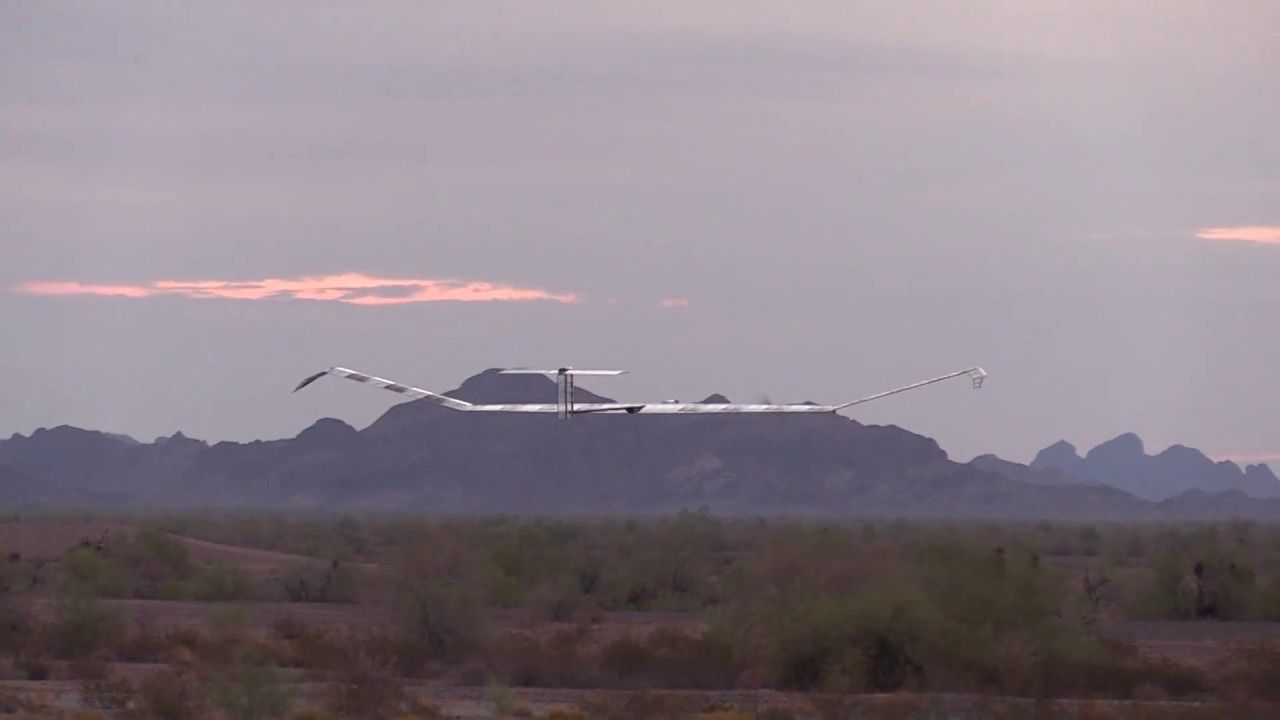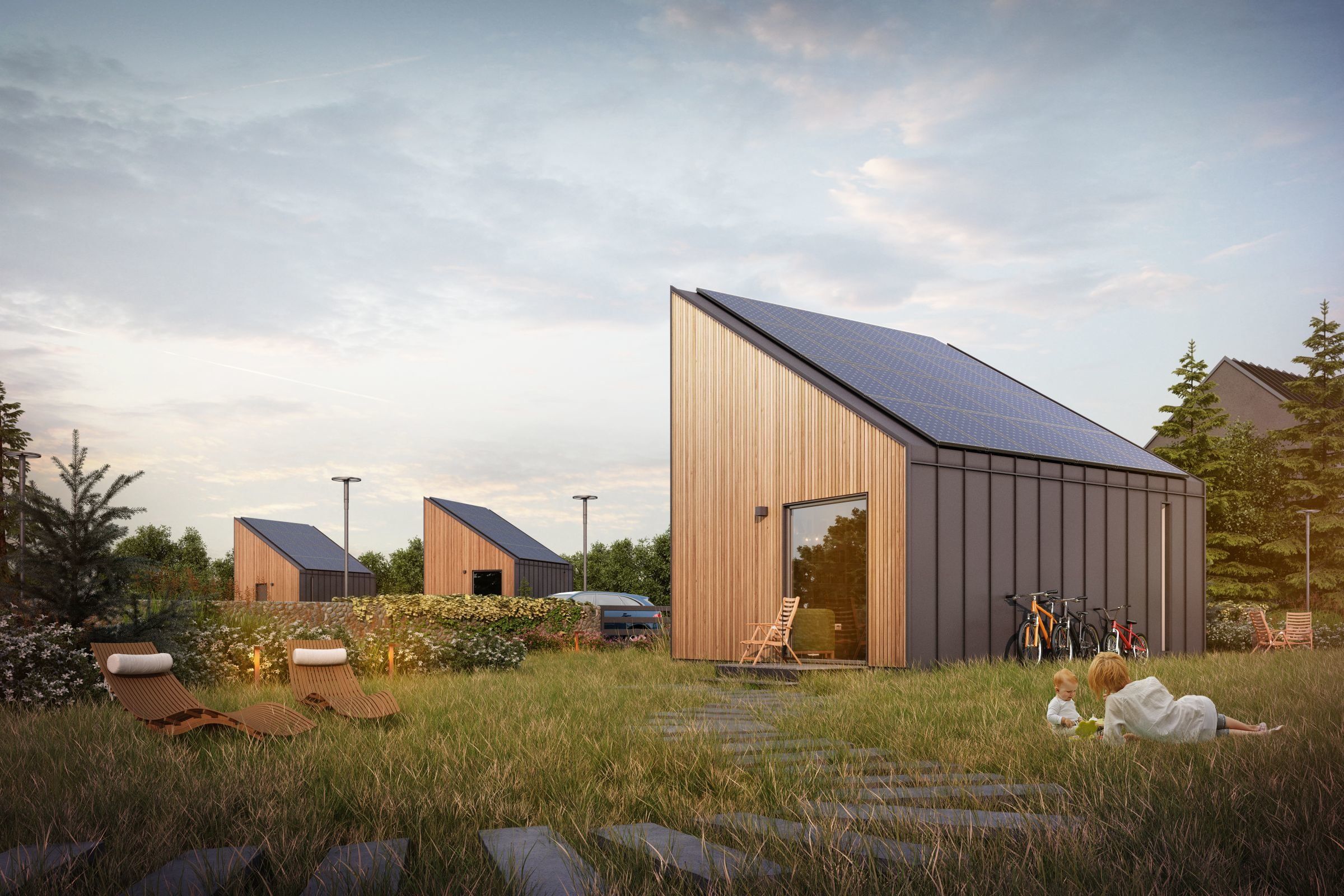Aug 15, 2018
European aquaculture to benefit from a better quality of live feed
Posted by Bill Kemp in categories: employment, food, sustainability
The aquaculture sector is growing, with fish farming being a key way to ensure Europe gets the quality food it needs without exploiting marine resources further. One key problem the industry faces is how to get the immature fish though their first few months – one EU project may be about to smooth the way.
Aquaculture is a growing market within the EU, bringing employment and providing a sustainable source of fish at a time when our marine life is under pressure. The main bottle-neck for the production of marine fish is the juvenile phase, especially during the time in which live diets are used. Even the established species, sea bream and sea bass, have a very low survival rate with an average of 25 percent. For new species in aquaculture, such as amberjack and tuna, the mortality is even higher.
The natural first feed for most fish larvae is crustacean nauplii, the offspring of many types of crustacean zooplankton. Fish larvae is evolutionary adapted to such a diet, and it is believed that this type of prey fulfils the fish larva’s nutritional requirements.
Continue reading “European aquaculture to benefit from a better quality of live feed” »

